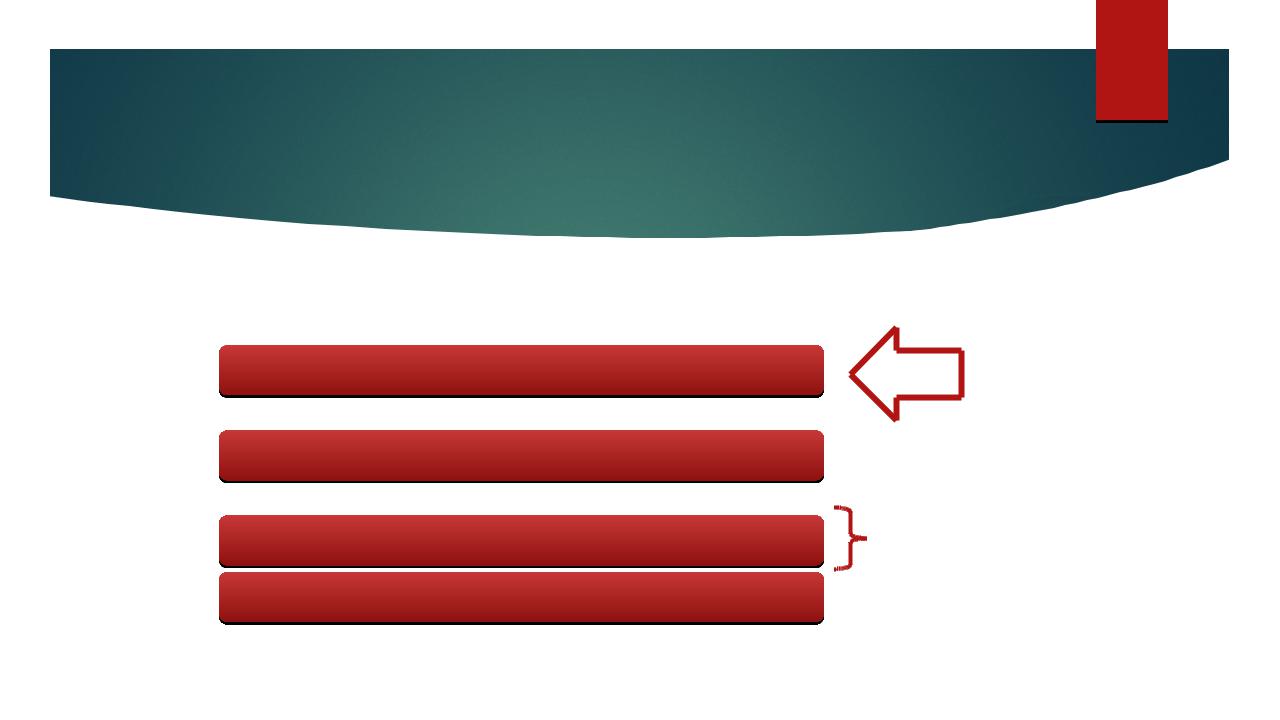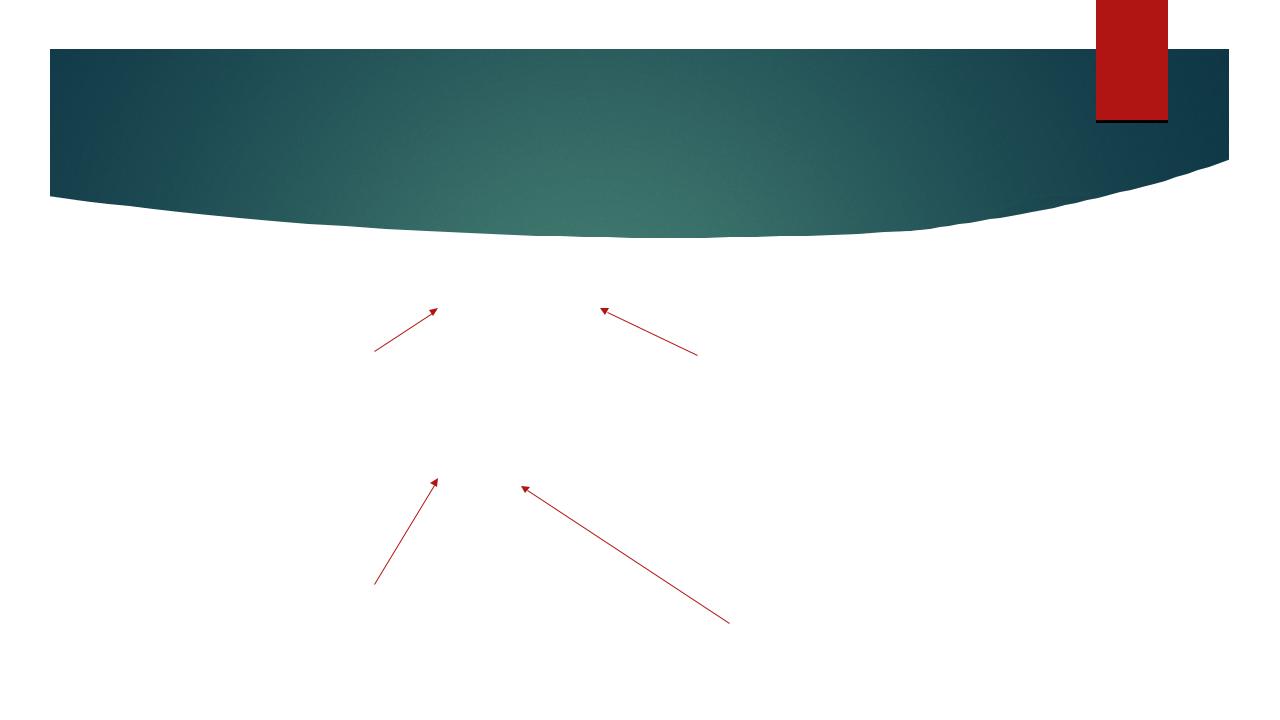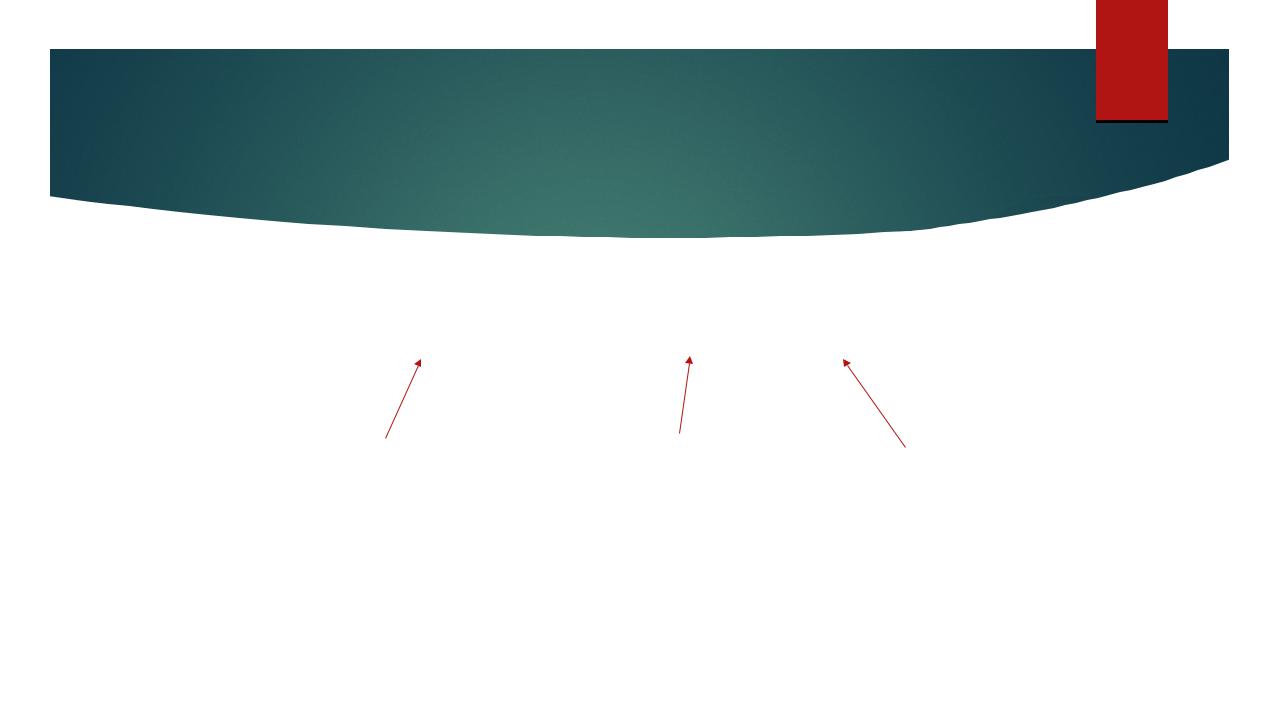
Generation of Discourse
.pptx
Generation of Discourse:
NECESSARY CONDITIONS [Y.A. Levitsky]

Conditions
Condition (parameter) is a indicator that may be a part of different type of speech and take any “value”, but remains unchanged within one and same type of speech.
Speaker is the main parameter
2
the communication partners the situation of communication the subject of the speech
the purpose of communication
the form of communication
the lack of time

3
The Communication Partners
It is a very general parameter → must be divided into parameters:
the speaker the partners
partners
the number of partners
• two (dialogue) / more than two (polylogue)
the presence of partners
• presence / absence
general characteristics representation type
sub-
not quantitative, but functional
gender, age, nationality, marital status, place of residence, health, physical limitations, social status, profession, post, education, character traits, temper, manner of speech

General Characteristics of the |
4 |
|
|
Speaker |
|
focus on himself/herself — how the speakers represent themselves to themselves, the recipient or the listener;
focus on the recipient — how the speaker adjusts to the recipient;
focus on the listener — how the speaker takes into account the presence of other persons;
focus of the third party — those who is absent in the situation, but can be in the sphere of interests of the speaker or the listener;
focus on reality — reference
focus on propositional content — differs from the previous one, because propositions are not the fact of reality, but reflect it with the help of language
focus on linguistic means — the choice of the most appropriate means

5
Representation Type of the Speaker
The speaker may represent himself/herself, any collective, or an administrative formation (country).
The main characteristic of the speaker is the focus on the listener.
The listener:
the degree of activity: active / passive.
The relationships between the communication partners:
partners’ ranks: equal / not equal;
the degree of intimacy: informal / formal.

6
The Situation of Communication
General character (normal / not normal).
natural spoken dialogue |
indirect communication |
and monologue |
(phone talking) |
Feedback (presence: full, partial / absence).
spoken dialogue
spoken monologue

7
The Subject of Speech
The subject somehow influences the character of chosen linguistic means, but the close examination of it is unnecessary, because it is quite hard to evaluate different subjects quantitatively.
In general: absence / presence of the subject (casual everyday conversation).

8
The Purpose of Communication
practical communication
appeal, persuasion
special presentation
official
scientific
utilitarian
informative
stimulating
instructing
didactic [B. Havránek, Л. Гобин]

9
The Form of Communication
imaginative (belles-letters): lyric / dramatic / epic;
not imaginative: unregulated / regulated (strictly / not strictly).
natural dialogue |
interview |
interrogation |
|
||
|
|

10
The Lack of Time
It characterizes only spontaneous natural everyday dialogue.
The spontaneous dialogue is mainly conducted with the help of usual clichés.
